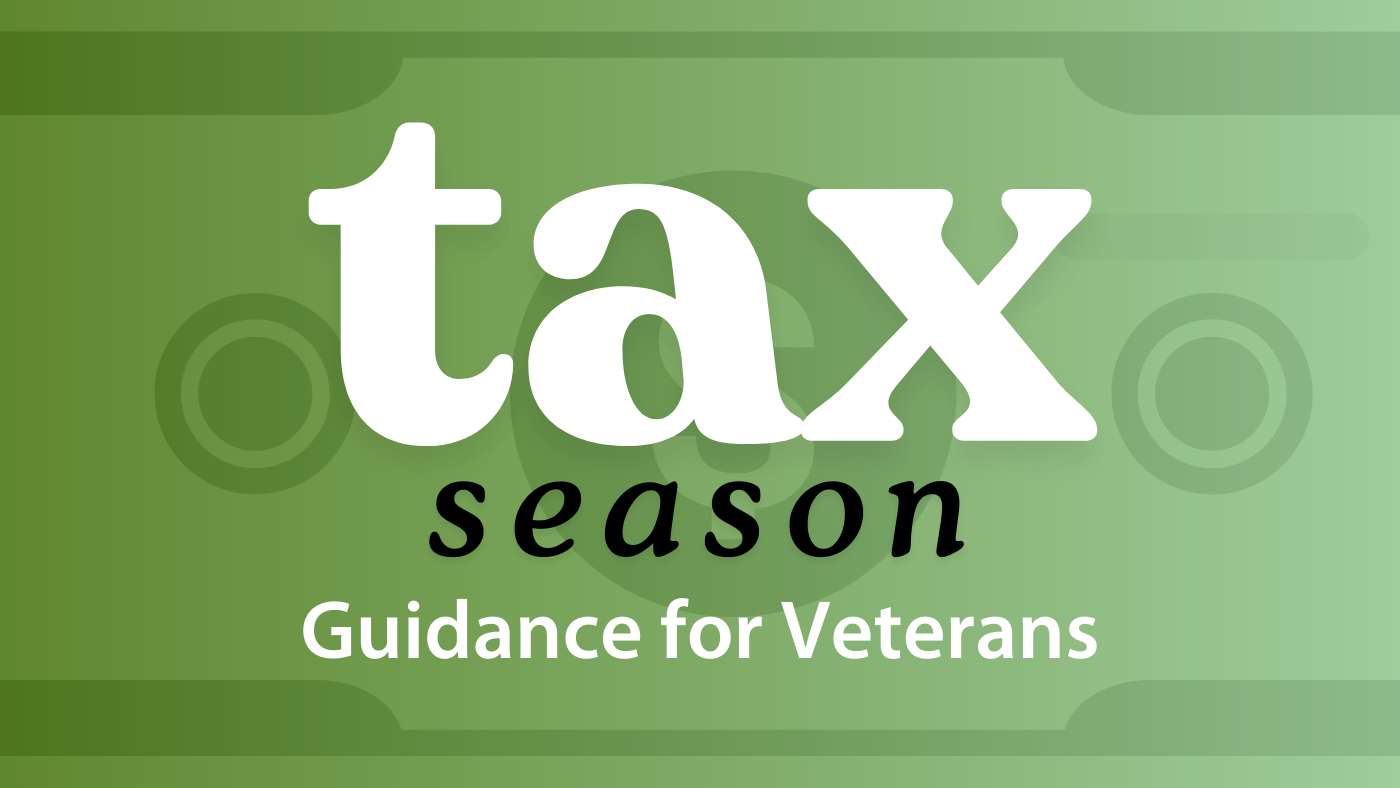This VA home loans and Consumer Financial Protection Bureau blog originally appeared at the Consumer Financial Protection Bureau.
Situation
The Consumer Financial Protection Bureau and VA are issuing their first, “Warning Order,” to service members and Veterans with VA home loans. If you have a VA home loan, then there is a good chance that you have already come into contact with unsolicited offers to refinance your mortgage that appear official and may sound too good to be true.
Many of these solicitations promise:
- Extremely low interest rates
- Thousands of dollars in cash back
- Skipped mortgage payments
- No out-of-pocket costs
- No waiting period
Don’t be fooled. Before responding to any unsolicited offers, here is what you need to know.
Operational environment
Some lenders marketing VA mortgage refinances may use aggressive and potentially misleading advertising and sales tactics. Lenders may advertise a rate just to get you to respond, or you may receive a VA mortgage refinance offer that provides limited benefit to you while adding thousands of dollars to your loan balance.
How will you know if the offer is too good to be true? Here are some offers and tactics to watch out for:
- Offers to skip one or two mortgage payments – Lenders sometimes advertise this as a benefit of a VA mortgage refinance; in fact, VA prohibits a lender from advertising the skipping of payments as a means of obtaining cash in an Interest Rate Reduction Refinance Loan (IRRRL) . Certain lenders nevertheless use this as a selling point when they are unable to offer cash-out or a significantly lower interest rate.
- Offers to receive an escrow refund – Lenders may promise that you will receive a certain amount of cash as a refund from your escrow account; however, the amount you may receive is dependent on how much is left in your account at the time the loan closes, which may be much less than you were promised. We have heard from service members who were promised a certain refund amount and received a much lower amount at closing. We have also heard from service members who have experienced problems with their new escrow accounts after closing and have had to make higher monthly payments to make up for the shortfall.
- Low-interest rates without specific terms – Lenders may advertise a low-interest rate to get you to respond to an advertisement. You might assume these rates are for a 30-year fixed-rate mortgage, but in many cases, the rates are for a 15-year fixed-rate mortgage or an adjustable-rate mortgage, or you may have to pay discount points to receive the advertised rate.
- Aggressive sales tactics – Certain lenders may try to push you into a VA mortgage refinance. For example, you may be called by a lender multiple times or receive VA mortgage refinance offers in the mail that look like a check or bill to get you to open it. You may be pressured to refinance your VA loan only a month or two after you closed on your current VA loan.
Be prepared to: Understand that certain advertised benefits, such as no out-of-pocket closing costs, skipped mortgage payments, and escrow refunds, are costs that are generally added to your loan and increase the overall principal balance. These are all red flags that may indicate that the loan is less likely to benefit you. Before you proceed with a VA mortgage refinance, be sure to consider the long-term and short-term benefits and consequences of refinancing your loan.
Friendly forces
We are working hard, along with other government agencies, to identify, stop, and prevent illegal and misleading advertising related to VA mortgages and refinancing. If you are considering mortgage or refinancing through a VA loan, VA loan specialists are available from 8 a.m. to 6 p.m. ET, Monday through Friday, to assist you. If you have questions about your current VA loan, contact VA at (877) 827-3702.
If you have a problem with a VA mortgage refinance or other mortgage issues, you can submit a complaint to the CFPB online or by calling (855) 411-CFPB (2372).
If you would like to stop or reduce the amount of the offers you receive, you can call 888-5-OPTOUT (888-567-8688) or visit www.optoutprescreen.com . You can also put your phone number on the federal government’s National Do Not Call Registry to reduce the telemarketing calls you get at home. Visit www.donotcall.gov or call 888-382-1222 from the phone number you want to register.
Whether you’re thinking of buying a home, already have a home loan, or are having trouble paying your mortgage, the CFPB has mortgage resources to help you every step of the way. If you currently have a VA loan and are having issues repaying your mortgage, you should call a VA loan technician at (877) 827-3702 to explore potential options that can assist you.
For help handling financial challenges at every step of your military career and beyond, visit the Consumer Financial Protection Bureau’s guide through the military lifecycle.
This post includes links and references to third-party resources or content that consumers may find helpful. The Consumer Financial Protection Bureau and VA do not control or guarantee the accuracy of this third-party information. By listing these links and references, the Consumer Financial Protection Bureau and VA are not endorsing and have not vetted these third-parties, the views they express, or the products or services they offer. Other entities and resources also may meet your needs.
Topics in this story
More Stories
The increased financial compensation associated with SMC benefits and the visibility of Purple Heart recipients can attract scammers looking to exploit Veterans.
After using the G.I. Bill, Army Veteran Adam Boren found his connection to his community through soccer.
Whether a Veteran files their taxes independently or uses a tax professional, VA encourages Veterans and their loved ones to review the following tips and resources to both help them navigate the tax season with confidence and to avoid tax season scams.






Before you make any financial decision, be clear on your actual goal, then “”run the numbers”” to make sure that any deal being offered to you achieves your goal.
This includes calculating where you are in paying off your mortgage, how much equity you have (and in the case of cashing out that equity, how much you actually need) and especially, what the actual costs of the transaction will be, whether you pay them up front and out-of-pocket, are included in the loan amount or traded into the interest rate. You need to make sure that the deal makes sense not just today but tomorrow, too. In some of these offers, you may get a cash-flow improvement today, but the loan may actually cost you a lot more in the long run.
If you have been considering refinancing but haven’t done this homework, you really need to do so, and you shouldn’t simply respond to an offer because someone calls you, emails you or you see an advertisement that promises savings or debt relief. Discuss your needs with not one but a number of lenders (including your existing lender or servicer) before you make any decision or sign any contract.
So quick question i did this last yea no knowing what would happen and in the long run I lost my house to a foreclosure cause the company wouldn’t let us make payments. What do I do now my family need some place to stay we can stay with my in-laws forever any advice?
Luke,
I’ld love to hear more on this. Why wouldn’t the company let you make payments?
Way too many phone calls! I now ignore any phone number I am not familiar with.
All the lenders say they are the best. I found out they aren’t the best.
Lending Tree called and I answered. They seemed to be pretty smart. I don’t know what to do. I want to pay off my credit cards and do repairs to the house.
I need to replace the roof and fix a very neglected bath room. That’s why I wanted a cash out. All we have is Social Security.
Thanks for reading. Any advice you have would be great.
Phil,
You can do a Cash-Out refinance, but it gets tricky with the VA. Most lenders will pitch the IRRRL even if you already have a fantastic rate just so they make money on your refi. I am a lender and an 18 year vet now and will always tell folks that the IRRRL is a great tool when the time is right. Go with the cash-out refi and see if you have enough equity to do both. Work with a local lender first and foremost. Online companies have great ratings because of the shear volume they do nationally but don’t talk about how slow and frustrating it is not being able to talk to your lender at any hour when you have a question.